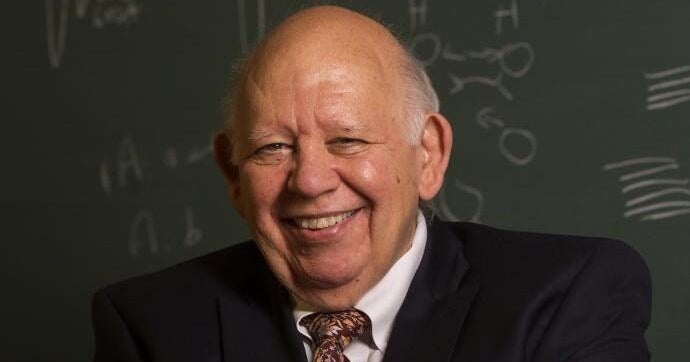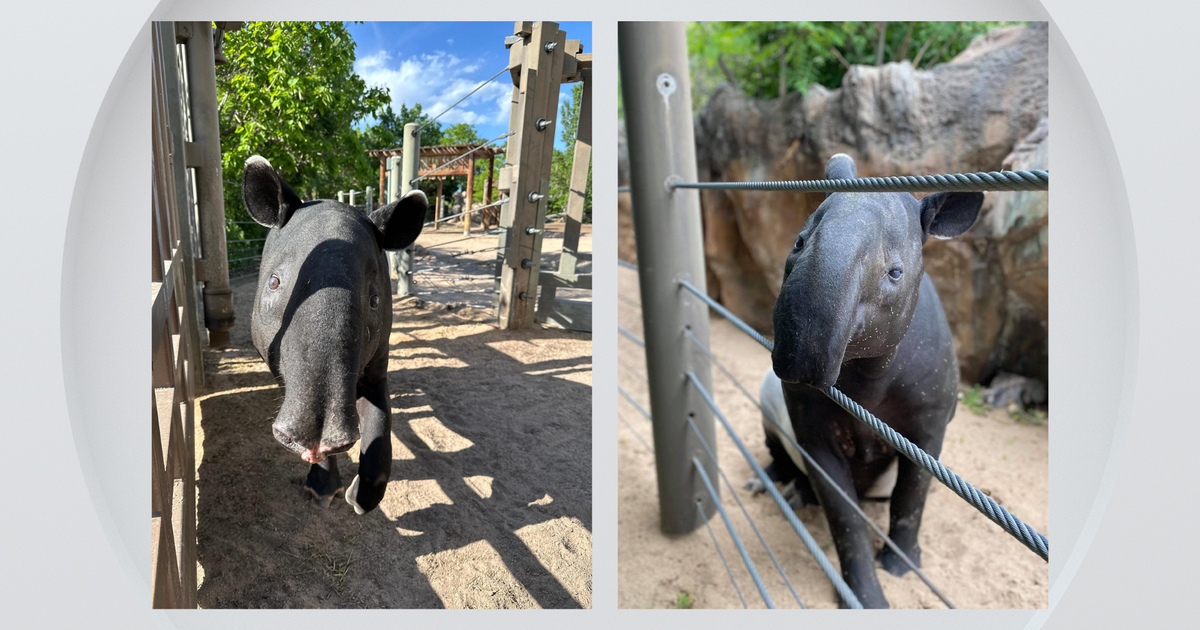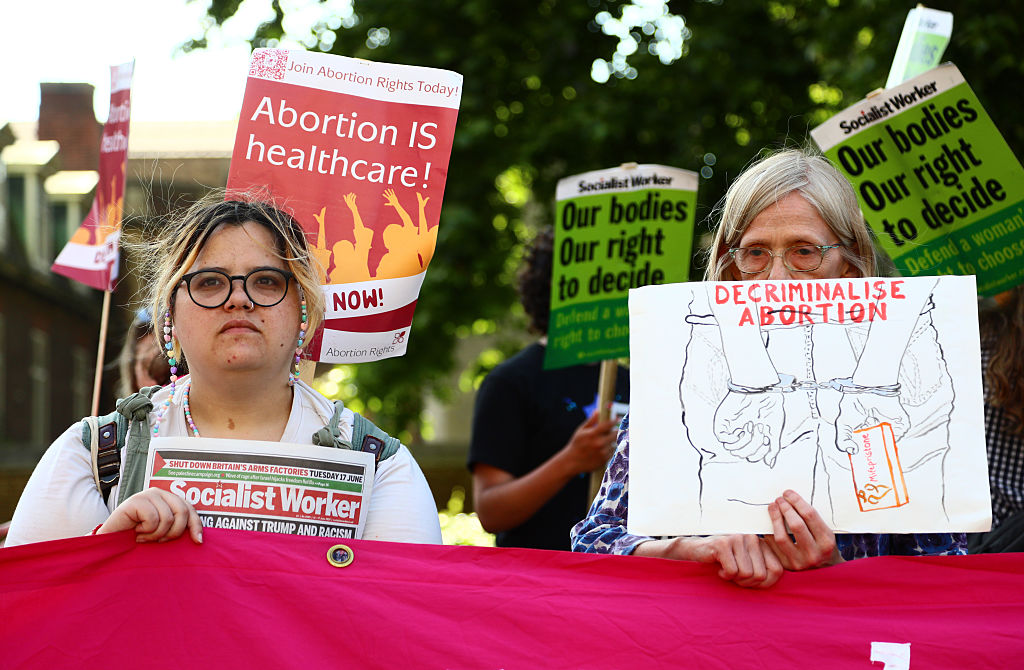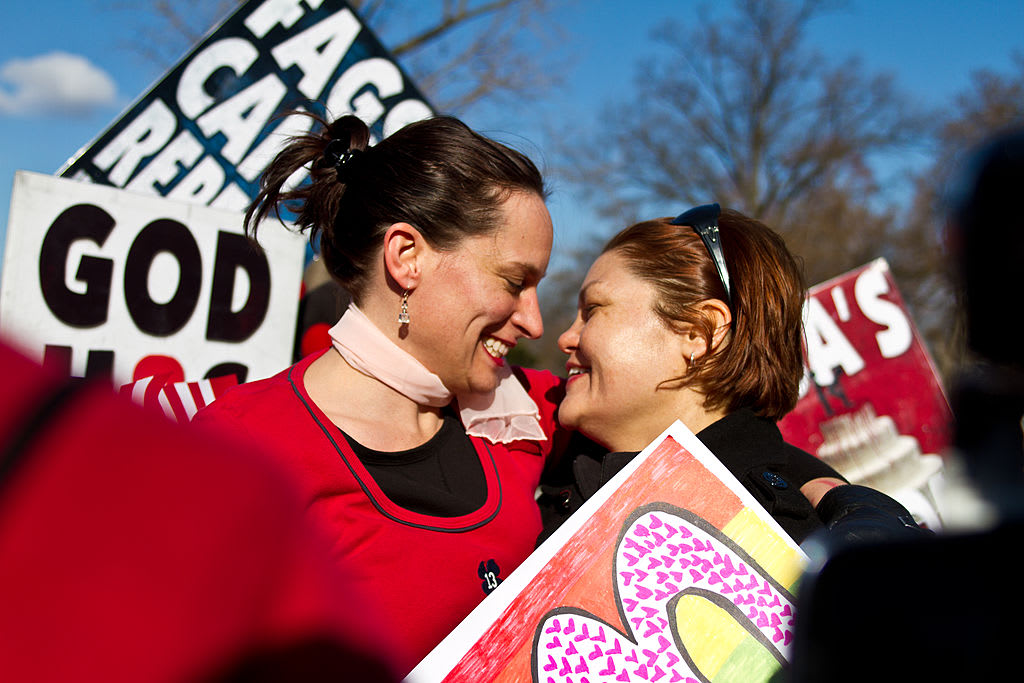Sarah Weddington, lawyer who successfully argued Roe v. Wade to Supreme Court, has died at 76
Sarah Weddington, the Texas lawyer who successfully argued the landmark abortion case Roe v. Wade, has died at the age of 76. Susan Hays, a former student who is now running for Texas Agriculture Commissioner, confirmed Weddington's death, as did a cousin.
The cause of death has not been determined, her cousin, Pete Weddington, said in a statement.
Hays described Weddington as the "best writing instructor I ever had, and a great mentor."
Sarah Wheat, a spokesperson for Planned Parenthood of Greater Texas, issued a statement Sunday saying Weddington "grew up at a time when women faced limits and roadblocks in nearly every aspect of their lives."
"As a young Texas lawyer, she stood fearlessly before the U.S. Supreme Court generating the landmark abortion rights decision that changed the course of history and opened doors for the generations that followed," Wheat said. "Here in Austin, Sarah graciously shared her time and insights, mentored countless young people, and inspired staff and supporters at events on behalf of Planned Parenthood of Greater Texas. We are all deeply saddened by her loss."
In an essay for Texas Monthly in 2018, Weddington said that when she inteviewed for jobs after graduating from law school at the University of Texas at Austin, she was told "'Women have to be home to cook dinner for their husbands, and lawyers have to work late, so how could you do both?'" She wrote that she answered, "'I worked to put my husband through law school, so I guess I'd figure it out.'"
Weddington was just a few years out of law school when she and a former classmate, Linda Coffee, took up a class action case on behalf of Norma McCorvey, a woman who was asking to end her pregnancy. McCorvey filed the lawsuit under the name "Jane Roe."
In the 2020 documentary "AKA Jane Roe," McCorvey said she got invovled with the case after "these two attorneys were looking for a plaintiff to help overturn the Texas abortion laws." She ultimately gave birth to her third child, a daughter, nearly three years before the final court decision, and gave the baby up for adoption.
Weddington was just 26 years old in 1971 when she first argued before the Supreme Court, according to the Dallas Morning News. She would argue the case again a year later before the justices in 1973 ruled 7-2 in favor of Roe, overturning abortion laws nationwide.
After winning the Roe decision, Weddington ran successfully for the Texas Legislature, and in her first session, she successfully passed a bill reforming Texas' sexual abuse laws and providing legal protection to rape victims, according to Texas Tribune. She resigned from the legislature in 1977 to become the general counsel of the U.S. Department of Agriculture and went on to become an advisor to former President Jimmy Carter during his administration.
Weddington wrote in Texas Monthly that the senior partner who has said women belong in the kitchen during her job interview was up for a federal judgeship while she worked in the Carter administration. Part of her job was recommending federal judges.
"I did some checking on the firm, and found they still didn't have a record of hiring both men and women," Weddington wrote. "I told President Carter that I was holding this man's possible nomination up, and Carter told me that he would stand by my decision. That man never got to be a federal judge. You need to be open, and act honorably with women as well as males in the workplace. You should be nice to everyone that you meet because you never know when you'll need that person's help."
Weddington later wrote a book on Roe v. Wade and taught courses at UT and Texas Women's University on leadership, law and gender discrimination. She also gave speeches and lectures around the country, according to The Associated Press.
Weddington's death comes as the Supreme Court will be hearing arguments on another Texas abortion law, one that bans abortion as soon as six weeks into a pregnancy.
"I am sure when my obituary is written, the lead paragraph will be about Roe v. Wade," Weddington said in a 2003 interview with Texas Monthly. "I thought, over a period of time, that the right of a woman to make a decision about what she would do in a particular pregnancy would be accepted — that by this time, the thirtieth anniversary of Roe v. Wade, the controversy over abortion would have gradually faded away like the closing scenes of a movie and we could go on to other issues. I was wrong."






